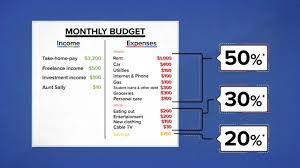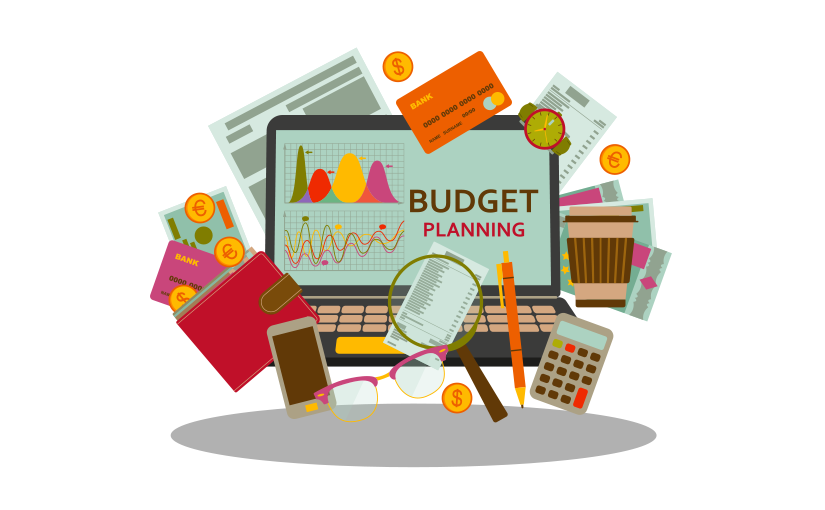Start by Knowing Your Income
Managing your Monthly Budget starts with one simple but crucial step — knowing exactly how much money you’re working with. It’s easy to make budgeting plans based on your gross income, but what truly matters is what you take home after taxes, deductions, and other mandatory payments. Many people fall into the trap of setting unrealistic budgets because they forget to account for these important subtractions. This often leads to overspending, missed savings goals, and financial stress.
Before you decide how much to allocate to groceries, entertainment, savings, or debt repayment, you need a clear and honest picture of your net income. Being upfront about your actual earnings isn’t just about accuracy — it’s about giving yourself the financial clarity needed to make smarter, more effective decisions. Your budgeting strategy should always reflect your real-life circumstances, not an idealised version of your paycheck. By doing this, you set achievable financial goals, avoid unnecessary pressure, and give yourself a better chance at building stability and peace of mind. Whether you’re managing a tight budget or planning to grow your savings, starting with the right numbers makes all the difference.


Break Down the Essentials
Let’s say your net income is AED 10,000. A smart monthly budget might look like this:

- Rent: AED 4,000
- Utilities and Internet: AED 800
- Groceries: AED 1,200
- Transportation: AED 500
- Phone & Subscriptions: AED 300
- Savings: AED 1,000
- Entertainment & Dining: AED 1,200
- Miscellaneous: AED 1,000
This kind of budget gives you some breathing room while still allowing for a social life and emergency fund.
How to Save More
If you’re aiming to increase your savings, cut down on dining out, unnecessary subscriptions, and impulse purchases. Buy groceries in bulk, use public transport, and explore budget-friendly leisure options.

Stick to the 50/30/20 Rule
A helpful rule is allocating 50% of your income to needs, 30% to wants, and 20% to savings or debt repayment. In a city like Dubai, adjusting this ratio based on rent and transport costs may be necessary.
Monitor Your Progress
Budgeting is not a one-time task. Review your expenses weekly or monthly. Identify what can be cut or improved. The key is not just making a budget but living by it.

Conclusion
In the end, the key to a successful budgeting journey lies in honesty and practicality. By starting with your true income — the amount you receive after all deductions and taxes — you lay the foundation for a financial plan that genuinely works for you. It’s not about restricting yourself unnecessarily or chasing impossible savings targets; it’s about understanding your limits, making mindful choices, and prioritising what truly matters.
A well-crafted budget is a tool for empowerment, not punishment. It helps you stay in control of your spending, prepares you for unexpected expenses, and ensures you’re steadily moving towards your personal financial goals, no matter how big or small. So, take the time to review your earnings carefully, adjust your budget as life changes, and remember that financial security is built on consistent, realistic habits rather than overnight success. When your budget reflects your actual circumstances, you’ll find managing money becomes far less stressful and far more rewarding. It’s not just about numbers — it’s about creating a lifestyle that supports your peace of mind and long-term wellbeing.
Do follow UAE Stories on Instagram















